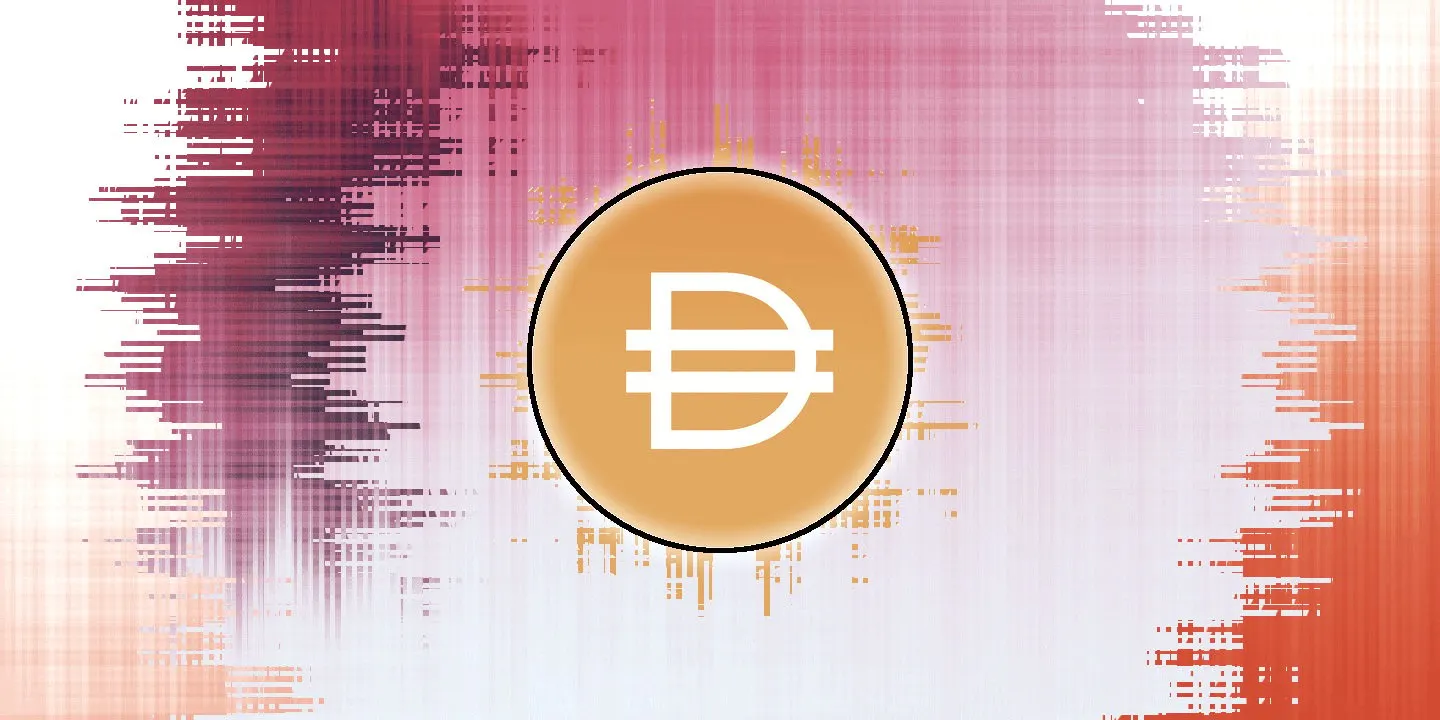Maker, the DeFi protocol behind the DAI stablecoin, announced that it has doubled its debt ceiling on its staked Ethereum (stETH) vault.
The world’s largest decentralized-finance app, Maker is working to reduce its reliance on centralized stablecoins such as Centre’s USD Coin (USDC)—especially after the mid-August Tornado Cash scandal.
Staked Ethereum is a crypto token representing one unit of Ethereum that has been deposited or locked up in anticipation of the merge, the network’s upcoming upgrade.
Decentralized lending platforms provide direct loans to businesses and individuals without intermediaries, while also providing interest to other parties who supply capital. Staked Ethereum is a staking token issued as reward to lenders of Ethereum on staking services such as Lido Finance, Coinbase, Kraken, and Binance, among others.
Maker is looking to unwind USDC’s influence and the proportion the token holds as collateral to DAI, the crypto lending service’s own decentralized stablecoin pegged to the US dollar. By approving Maker DAO’s governance proposal to raise the debt ceiling to $200 million, the protocol expects to see more stETH deposited against DAI, reducing its reliance on USDC.
Data from DAI Stats has shown the WSTETH-B vault—the pool into which users can deposit collateral—now has over 245,000 stETH supplied, or approximately $392 million.
Tornado Cash repercussions
The US Treasury Department sanctioned the crypto mixer Tornado Cash in August, making the protocol and associated smart contracts illegal for Americans to use.
Circle, part of the Centre consortium, blacklisted 38 wallets sanctioned in connection to the Tornado Cash ban. The move was decried by privacy advocates as corporate compliance with overreaching and unjust government censorship.
“We know that complying with the law and helping to stop money laundering is both right and our obligation as a regulated financial institution,” said Circle founder Jeremy Allaire in a statement. “We also know that doing what is right compromised our belief in the value of open software on the Internet and our belief that the presumption and preservation of privacy should be enshrined as a design principle in the issuance and circulation of dollar digital currencies.”
Reducing reliance
The Tornado Cash developments factored heavily in Maker DAO’s parameter change proposal on August 25. Its analysis on the lending market explained, “The US OFAC agency’s imposition of sanctions on Tornado Cash smart contracts… could indicate increasing risk for direct holdings of censorable assets such as USDC.”
Crypto services have seen heightened concerns surrounding USDC as a centralized asset in relation to Tornado Cash. Maker’s collateral ratio still relies heavily on USDC to back DAI, despite recent developments.
MakerDAO founder Rune Christensen addressed the DAO’s Discord on August 11 stating, “I think we should seriously consider preparing to depeg from USD.”
Christensen suggested an “uprooting” solution, described as the “yolo USDC into ETH approach.” By converting the USDC to ETH, the majority of MakerDAO’s collateral would switch to a cryptocurrency without a locked value.
Lenders depositing stETH in return for DAI will decrease the proportion of collateral USDC makes up for in Maker’s pools. While this move would veer away from USDC, it could be potentially disastrous given the market’s volatility.
“The market may finally start to reward decentralization to the point where risks are acceptable because USDC is no longer the no-brainer it used to be,” Christensen added.
Other analysts such as Erik Voorhees, founder of ShapeShift, have addressed Maker calling for the protocol to begin “unwinding your USDC collateral immediately, converting it into stables that are more censorship resistant.”
A series of shifts
In July, incentivizing users to deposit more collateral into the pool, Maker DAO reduced its WSTETH-B stability fee to 0%. The proposal saw an immediate increase in supplied collateral near the vault's previous debt ceiling of $100 million.
In addition to placing incentives for users to deposit more stETH into the vault in collateral against DAI, doubling the debt ceiling furthers the effort to reduce the ratio of collateral USDC has against Maker’s native stablecoin compared to other assets.
Ongoing news surrounding Tornado Cash and Circle’s wallet blacklisting have only increased the urge for less USDC to be used on the Maker network. Maker’s usage of stETH is their latest attempt at unwinding their USDC collateral.
Daily Debrief Newsletter
Start every day with the top news stories right now, plus original features, a podcast, videos and more.

